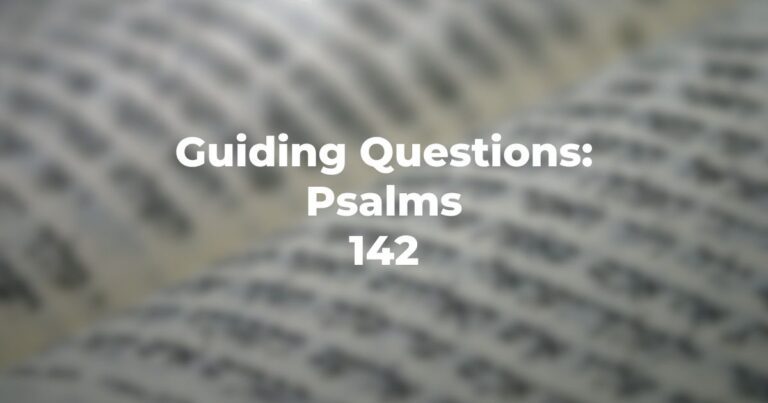- How is one to understand the word “retribution” or, as it is sometimes translated, “vengeance”?
- But, if vengeance, why does Psalms 94:2 speak of “judging the earth” and “giving the arrogant their desserts” — is this a function of retribution or a function of just action?
- And, in Psalms 94:3-4, which particular group, especially, would have called down upon it God’s just “corrective”?
- According to Psalms 94:8-9, does the Psalmist consider God to be all-knowing — and, if all-knowing, with what potency?
- However, does the Psalmist conclude that any corrective from the Divine is necessarily negative (Psalms 94:12)?
- Who are “His people” mentioned in Psalms 94:14? — a national group? a religious group? or those who conduct their affairs in a particular way?
- How does the Psalmist consider the Divine as protective to his interest (Psalms 94:16-18)?
- In the final analysis, in the closing refrain what will be the lot of those who plot against the innocent and the defenseless, and what will be the lot of those whose confidence is in God?
- This is the Psalm for Wednesday in the Shaharit service. Why, in some Siddurim (see Siddur Sim Shalom) are verses from the next Psalm (Psalms 95) added after Psalms 94:23?
Author
-

Exploring Judaism is the digital home for Conservative/Masorti Judaism, embracing the beauty and complexity of Judaism, and our personal search for meaning, learning, and connecting. Our goal is to create content based on three core framing: Meaning-Making (Why?), Practical Living (How?), and Explainers (What?).
View all posts




